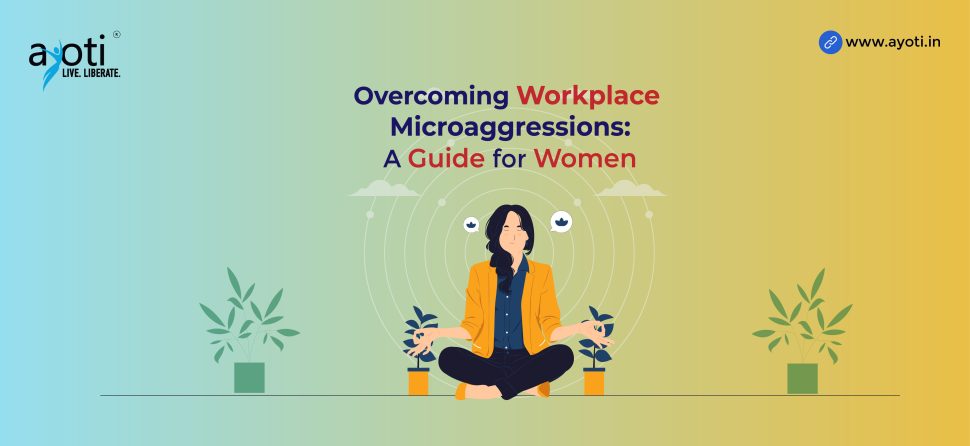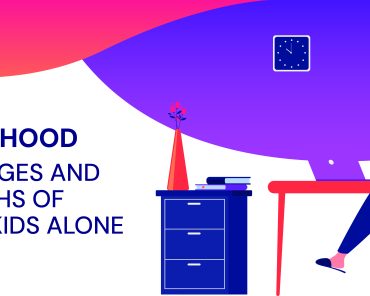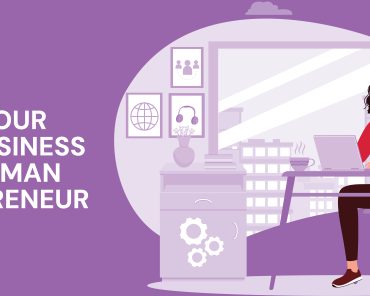By ayoti
Overcoming Workplace Microaggressions: A Guide for Women
The modern workplace is a dynamic and diverse environment where individuals from various backgrounds come together to achieve common goals. However, it can be challenging sailing. Women, in particular, often face subtle yet persistent forms of discrimination known as microaggressions.
These covert acts can hinder professional growth, harm mental well-being, and create an unwelcome work atmosphere. Here, we’ll explore what workplace microaggressions are, their impact on women, and practical strategies to overcome them.
Understanding Workplace Microaggressions
Microaggressions are everyday slights, snubs, or insults that communicate hostile, derogatory, or harmful messages to marginalised groups, often unintentionally. While they may appear minor or subtle, the cumulative impact of these actions can be significant. In the workplace, microaggressions can manifest in various forms, such as:
- Stereotyping: Making assumptions based on gender, such as expecting women to excel in specific roles or doubting their technical competence.
- Undermining: Discrediting a woman’s ideas, work, or accomplishments, often by taking credit for her contributions or minimising her achievements.
- Exclusion: Deliberately excluding women from meetings, social gatherings, or opportunities for professional development, which can lead to feelings of isolation and exclusion.
- Sexualisation: Making inappropriate comments or advances objectifying women or creating an uncomfortable and hostile work environment.
- Mansplaining: When men condescendingly explain concepts to women as if they are less knowledgeable or incapable of understanding.
- Interrupting: Frequently interrupting or talking over women during meetings or discussions, undermining their communication ability.
The Impact of Microaggressions on Women
Microaggressions may seem harmless on the surface, but their effects can be profound and long-lasting. Here are some ways in which workplace microaggressions impact women:
- Stress and Anxiety: Experiencing microaggressions can lead to chronic stress and anxiety, affecting mental and physical health.
- Reduced Self-Esteem: Frequent microaggressions can erode self-confidence and self-esteem, making it difficult for women to advocate for themselves and their ideas.
- Career Limitations: Women may avoid pursuing leadership roles or taking on challenging assignments due to the fear of facing more microaggressions.
- Burnout: Constantly navigating a hostile work environment can lead to burnout, decreasing job satisfaction and productivity.
- Loss of Talent: Organizations that tolerate microaggressions risk losing talented women who choose to leave for more inclusive workplaces.
Strategies to Overcome Workplace Microaggressions
- Self-awareness: Recognize when you are experiencing a microaggression. Trust your instincts, and don’t dismiss your feelings. Knowing what you’re facing is the first step to addressing it.
- Seek Support: Talk to trusted colleagues, friends, or mentors about your experiences. Sharing your feelings can be cathartic and help you gain perspective.
- Document Incidents: Record microaggressions, including dates, times, locations, and descriptions. This documentation can be invaluable if you decide to escalate the issue.
- Address the Offender: Sometimes, individuals may not be aware of the harm they are causing. In such cases, consider addressing the issue directly but diplomatically. Explain how their behaviour affects you and suggest alternative ways to communicate.
- Speak Up Publicly: If you feel comfortable, address microaggressions publicly, mainly if they occur in meetings or group settings. Use “I” statements to express your feelings and assert your boundaries.
- Utilise HR Resources: Many organisations have human resources departments that address workplace issues. If you cannot resolve the matter alone, don’t hesitate to involve HR.
- Educate and Advocate: Consider participating in workplace diversity and inclusion initiatives. These efforts can help educate colleagues about the impact of microaggressions and promote a more inclusive culture.
- Mentorship and Sponsorship: Seek mentors and sponsors who can help you navigate the workplace and advocate for your career advancement.
- Self-Care: Prioritize self-care to help manage stress and anxiety. This can include exercise, mindfulness practices, therapy, or spending time with loved ones.
- Know Your Rights: Familiarize yourself with anti-discrimination laws and company policies. If necessary, consult legal counsel to explore your options.
Conclusion
Overcoming workplace microaggressions is crucial to creating a more equitable and inclusive work environment for women. By understanding what microaggressions are, recognising their impact, and employing effective strategies, women can assert themselves, challenge biased behaviour, and advocate for positive change.
Organisations need to foster a culture that values diversity and actively works to eliminate microaggressions to ensure that all employees can thrive and contribute to their fullest potential. Remember that you’re not alone in this journey; together, we can create workplaces where everyone is respected and valued.





